President Bola Tinubu on Tuesday declared that Nigeria was prepared to meet the labour demands of the changing world.
Tinubu stated this while officially unveiling the Labour, Employment and Empowerment Programme (LEEP), designed to create 2.5 million jobs and opportunities within two years for unemployed Nigerians.
The programme under the flagship of the Ministry of Labour and Employment, has six core pillars; job portal, digital nomads, vocational and entrepreneur programme, centre for learning spaces, digital Academy and job fairs.
Tinubu who was represented by the Vice President, Kashim Shettima, maintained that Nigeria was home to vast opportunities the youths could explore. He expressed confidence that Nigeria and by extension Africa, was prepared to become the world’s next destination.
According to him, LEEP was fulfillment of the promise of a Nigeria where every worker could reach their full potential, and where technology enhances, not threatens democracy.
He said: “The road ahead may be challenging, but with our collective effort, determination, and faith in our shared potentials, we will succeed.
“We are at the threshold of a new era. One, where our workforce is empowered, where our economy is strengthened, and where our people are equipped to compete globally. So this is a declaration that Nigeria is ready to lead in the future of work, we are prepared for the demands of the changing world. I believe we are prepared.
“I believe the future belongs to Africa. The trajectory of global growth faces Africa. One out of every four black men is a Nigerian. By 2050, one out of every three black men will be a Nigerian and by the end of the century, Nigeria will be the most populous nation on Earth, and one out of every two black men will be a Nigerian.
“Believe in Nigeria, let’s make this country work, let’s unite for the sake of this country.
Let’s work together to define the meaning and concept of modern progress. I believe tomorrow is going to be better than today.”
President Tinubu appealed to Nigerians especially the youths, to stay back and develop the country rather than run off in search of greener pastures to other countries.
: “Opportunities abound, all we need is to upgrade and reskill our youths, they don’t need to japa from the comfort of their homes in Lagos, in Onitsha, in Sokoto. You can create jobs for our people.
“The strength of this nation has always been its people. Their ingenuity and they are willing to rise against the odds. The dream or arrogance, the self-confidence that we exude, we don’t give in to another person coming on the way out of respect or out of care, we can hold our ground.”
President Tinubu who noted that government in its wisdom was laying the foundation of inclusive progress, called for a multisectoral collaboration.
“Beginning from our six geopolitical zones, we are laying the foundation for inclusive progress. Yet government cannot do this alone. I call upon the private sector, civil society, trade unions, and our international partners to join us. We must play the role that is not just in private, but in power. This is a collective effort.”
Minister of Labour and Employment, Dr. Muhammad Maigari Dingyadi noted that unemployment remains one of the severe social problems facing youths globally either directly or remotely, with far-reaching consequences that have multi-faceted implications that must not be ignored.
“In Nigeria, this can be attributed to various reasons which include economic instability due to recessions and depressions, inadequate quality education and training to match the available jobs, as well as the difficult circumstances that businesses operate in, which are not conducive for creating new jobs.”
Dingyadi maintained that LEEP was a deliberate effort by government to mitigate the aforementioned challenges related to youth
unemployment, haven recognised that adequate skilling and entrepreneurship were critical solutions to the problem of unemployment.
*Through this programme, our target is to create millions of jobs annually and reduce unemployment rate significantly. One of the underlying strategies LEEP is to identify marketable skills and build the capacity of youth in these areas with a view to juxtaposing requisite skills with identified demands, as well as encouraging self-employment sustainability.
“This programme, when fully operational, will not only tackle youth unemployment but will address the other cross-cutting lingering challenges such as security and economic growth that will advance our national priorities and the attainment of the Renewed Hope Agenda of this administration.
On her part, Minister of State for Labour and Employment, Nkeiruka Onyejeocha who described the high rate of unemployment in Nigeria as a “clear and present danger” to a collective future, said the ministry was poised to empower Nigerians with the skills and platforms they need to thrive in factories, farms, tech hubs, markets, and every corner of national economy.
According to her, LEEP was designed to amongst other things, expand access to sustainable employment, equip Nigerians with industry-aligned skills, stimulate entrepreneurship and economic diversification, and serve as a national aggregator of real-time labour market data to help.government, investors, and employers understand the evolving demands of the Nigerian economy.
“Nigeria’s unemployment challenge is not just a statistic. It is a clear and present
danger to our collective future. The numbers speak for themselves and they
demand urgent, coordinated action.
“With LEEP, we are setting a clear national target: to directly and indirectly create
at least 2.5 million sustainable jobs within two years, while laying the foundation for long term growth and productivity But make no mistake,.LEEP is not just a programme; it is an institutional shift. A signal that the Ministry of Labour and Employment is stepping forward to play its full constitutional role: training, upskilling, coordinating, and connecting
Nigerians to meaningful work,” she said.

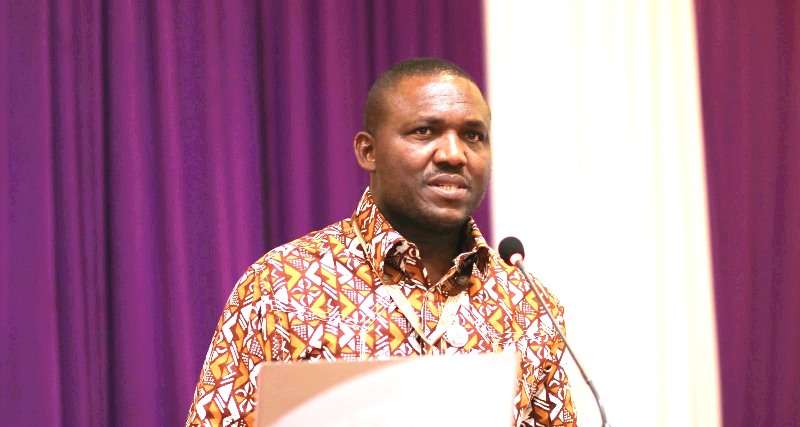
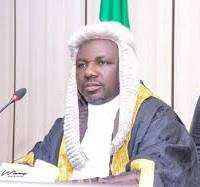


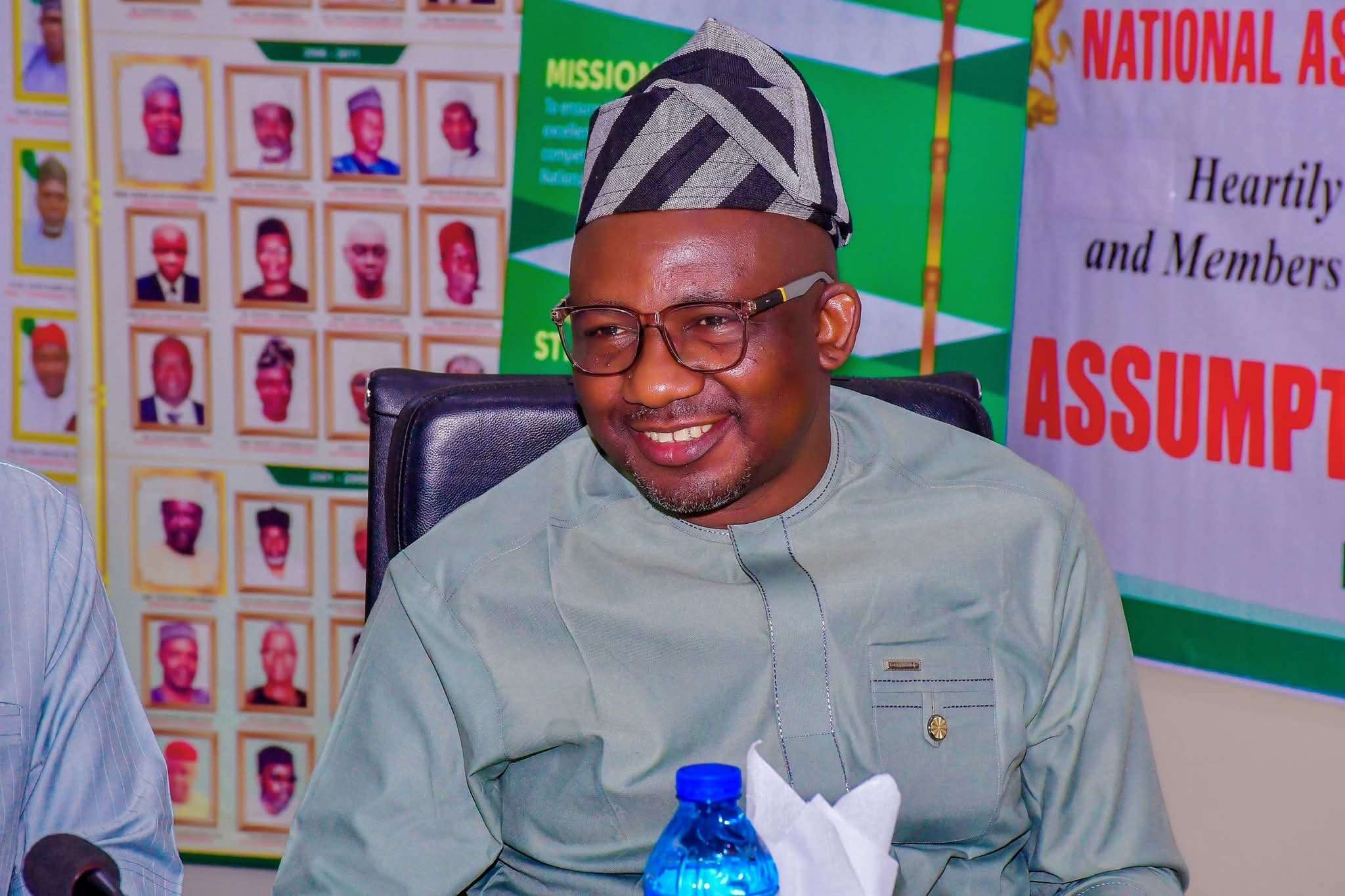
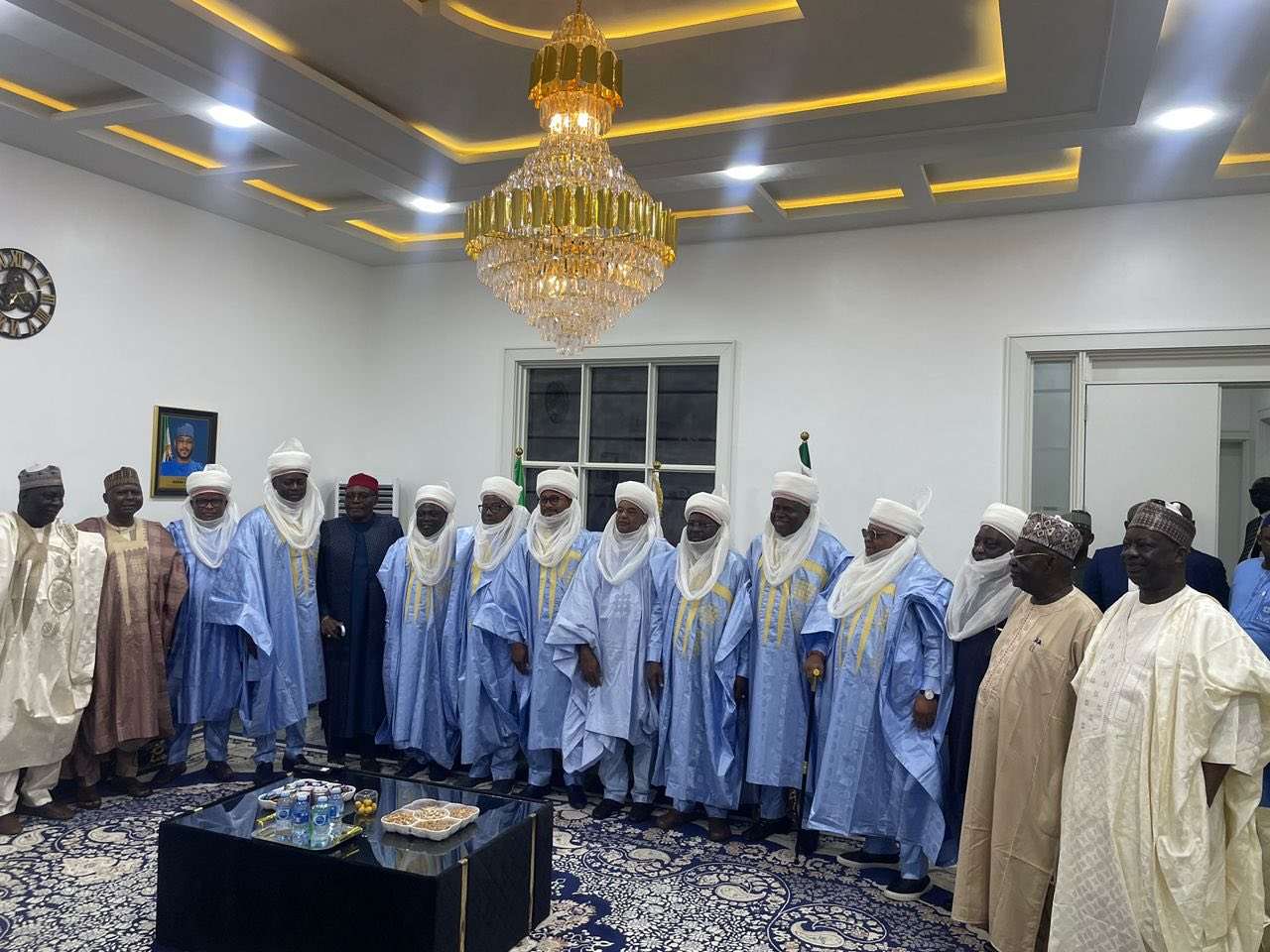
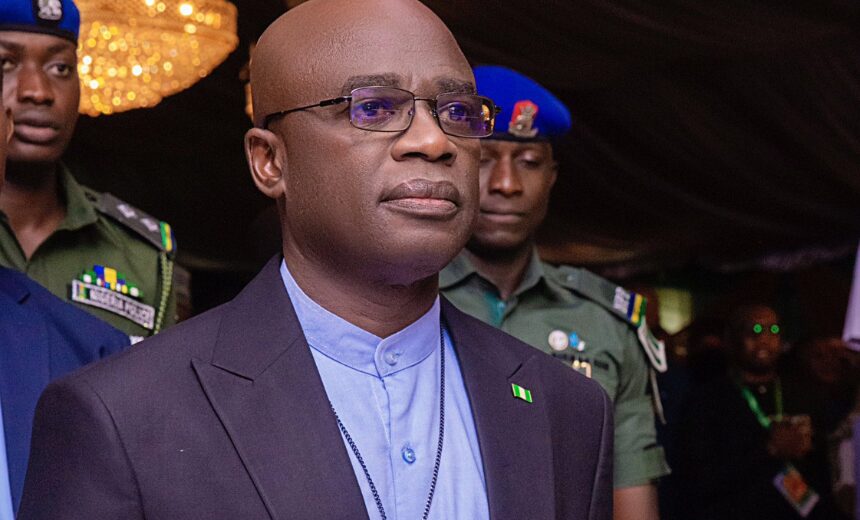


3 Responses
mx pharmacy fast mx pharmacy fast mx pharmacy fast mx pharmacy fast
buy facebook ads manager social media account marketplace account market
https://pharmadirecte.shop/# est ce qu’un osteopathe peut faire une ordonnance